As the workforce continues to evolve, a significant challenge facing many organizations is the retention of institutional knowledge. With Baby Boomers retiring and Millennials making up a large portion the workforce, the technical know-how that has been built over decades is at risk of being lost.
A Shifting Workforce Landscape
According to Statistics Canada’s August 2022 Labour Force Survey, almost 6,000 Baby Boomers (those born between 1946 and 1964) retired every week. This adds up to more than 307 000 retirements in a single year. To put these numbers in perspective, consider the entire population of Saskatoon exiting the workforce over the course of a year.
As Boomers leave the workforce, they’re taking with them a wealth of experience and expertise. Millennials, who now make up a majority of the workforce, tend to change jobs every 2-3 years. Between retirements and other professional advancements technical knowledge and critical insights are escaping.
The Challenge: Knowledge Loss
The loss of institutional knowledge can impact productivity, decision-making, and overall organizational efficiency. As experienced employees retire, the risk of losing valuable insights and expertise grows. To address this, companies must adopt a systematic approach to capture and retain this critical knowledge before it’s too late.
Here’s How Your Company Can Retain Institutional Knowledge:
- Implement a Management System (MS): Develop and maintain a centralized repository for knowledge and documentation. A well-organized MS allows employees to easily access and contribute to a pool of information, including procedures, best practices, and historical data. Regularly update this system to ensure it reflects the most current practices and information.
- Encourage Mentorship and Knowledge Sharing: Foster a culture of mentorship where experienced employees can pass on their knowledge to newer staff members. Formalize this process through structured mentorship programs and encourage informal knowledge-sharing opportunities, such as team meetings and workshops.
- Document Processes and Procedures: Ensure that key processes and procedures are documented. Create comprehensive guides, checklists, and manuals that outline essential tasks and workflows. This documentation should be easily accessible to all employees and updated regularly.
- Conduct Exit Interviews with Knowledge Capture: When employees retire or leave the company, conduct thorough exit interviews focused on capturing their insights and experience. Use these interviews to document their outgoing knowledge and identify any gaps that need to be addressed in their absence.
- Invest in Training and Development: Provide ongoing training and development opportunities for employees to enhance their skills and knowledge. Continuously developing your team helps bridge the gap left by retiring employees and ensures that critical knowledge remains within the organization. If possible, get soon-retiring employees to contribute to training content with helpful tips and guidance.
Retaining institutional knowledge helps you to secure a successful and resilient future. Implementing a systematic approach to knowledge retention can protect your company’s valuable expertise and maintain your competitive edge in the workforce.
If you need guidance on developing a strategy or implementing any of these actions, we are happy to help. Or check out our Management System toolkit to learn more about our do-it-yourself offerings.


